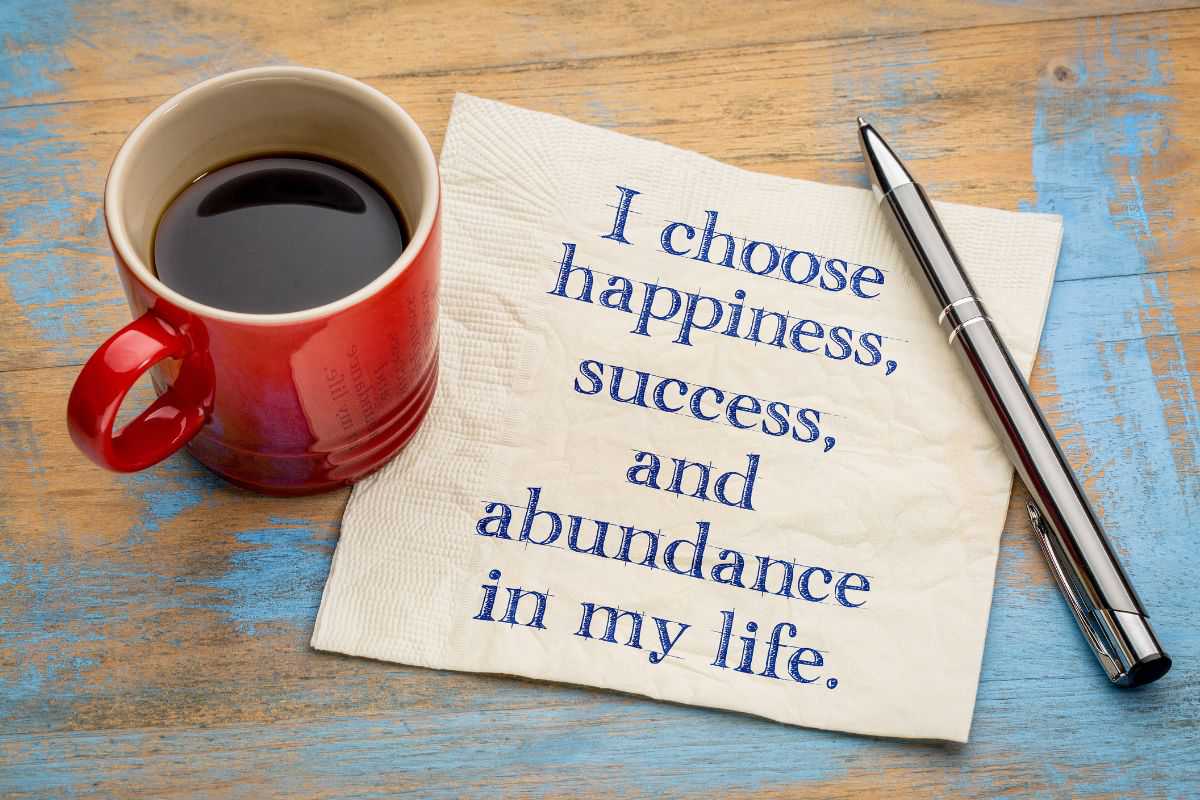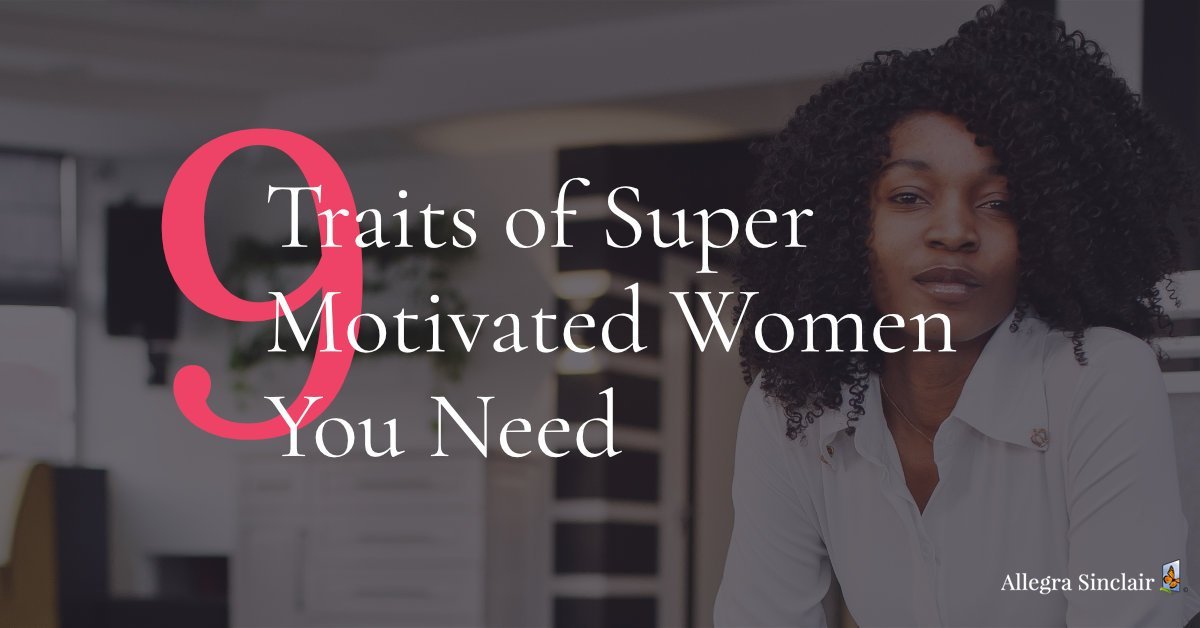How to Live a Life Aligned With Who You Really Are with Tai Goodwin
In the last episode of the podcast, I talked about how to increase your self awareness. In this episode, Tai Goodwin visits with me to continue that discussion, but from a slightly different perspective. Tai teaches us how to live a life that is aligned with who you really are. Tai’s coaching practice focuses on entrepreneurs who are building businesses, but the importance and benefit of being self aware is relevant for all of us.
Being willing to take the steps to move into what you want has been a theme on the podcast. Today we talked a lot about self awareness and being willing to pivot or make change.
I asked Tai if she only had 5 minutes, what she would want my audience to know and she answered:
I particularly loved Tai’s thoughts on expertise as it relates to helping others. Knowing something doesn’t make you an expert, and there’s nothing wrong with that. There are levels of expertise.
How to Live a Life Aligned With Who You Really Are:
Tai says you’re bankable if you love the work you’re doing, you love the clients you’re getting, and you’re completely joyous about the money you get paid.
Topics discussed:
- The authority renaissance going on in business building
- How the ‘wizard’ behind the screen is messing with a lot of people
- The dangers of being transparent
- Tai’s pet peeve about email lists
- Why we tend to focus on tasks instead of principles
- How to tell if you’re Bankable
- Whether you can get burnt out doing something you love
Who is Tai Goodwin?
 Tai Goodwin is on a mission to help 10,000 entrepreneurs create more joy and wealth in their lives and businesses. She’s the CEO of Aligned + Bankable and creator of the Growth Alignment Index(TM). A business growth strategist and teacher, she works with empathic, introverted, and highly-sensitive entrepreneurs, showing them how to build a profitable business that’s in 100% alignment with who they are.
Tai Goodwin is on a mission to help 10,000 entrepreneurs create more joy and wealth in their lives and businesses. She’s the CEO of Aligned + Bankable and creator of the Growth Alignment Index(TM). A business growth strategist and teacher, she works with empathic, introverted, and highly-sensitive entrepreneurs, showing them how to build a profitable business that’s in 100% alignment with who they are.
Tai is a former corporate trainer with a master’s degree in instructional design and 20+ years designing courses, training programs, and certifications. Her work has been published on Forbes.com, The Huffington Post, and CAREER Magazine. She has been highlighted by Small Biz Trends, Black Enterprise, Money Magazine, SmallBizChat and For Harriet.
Tweet-Worthy:
[socialpug_tweet tweet=”There are people who cannot step into their purpose, until you step into yours. ~ Tai Goodwin” display_tweet=”There are people who cannot step into their purpose, until you step into yours. ~ Tai Goodwin” style=”5″] [socialpug_tweet tweet=”Just because somebody looks like they are doing something, that doesn’t mean they know what they are doing. ~ @taigoodwin” display_tweet=”Just because somebody looks like they are doing something, that doesn’t mean they know what they are doing. ~ Tai Goodwin” style=”5″] [socialpug_tweet tweet=”Make sure the people you are following are going where you’re going and doing what you want to do. ~ Allegra Sinclair” display_tweet=”Make sure the people you are following are going where you’re going and doing what you want to do. ~ Allegra Sinclair” style=”5″] [socialpug_tweet tweet=”Some of the things that will get you the results you want, are not all that sexy. ~ Allegra Sinclair” display_tweet=”Some of the things that will get you the results you want, are not all that sexy. ~ Allegra Sinclair” style=”5″] [socialpug_tweet tweet=”Some people know how to be profitable, but they aren’t bankable because they hate what they do. ~ Tai Goodwin” display_tweet=”Some people know how to be profitable, but they aren’t bankable because they hate what they do. ~ Tai Goodwin” style=”5″] [socialpug_tweet tweet=”The fact that someone doesn’t want your offer doesn’t mean your offer has no value. It means you’re offering it to the wrong people at the wrong time.” display_tweet=”The fact that someone doesn’t want your offer doesn’t mean your offer has no value. It means you’re offering it to the wrong people at the wrong time.” style=”5″] [socialpug_tweet tweet=”It hurts when someone rejects our offer. It’s like they just told us our baby is ugly. ~ Allegra Sinclair” display_tweet=”It hurts when someone rejects our offer. It’s like they just told us our baby is ugly. ~ Allegra Sinclair” style=”5″]
Resources Mentioned in this Episode:
The Sexual Chocolate Podcast Episode with Rev. Shelley
Brilliant Business Girlfriends Facebook Group
If you love this episode please share it!
[fusebox_transcript]







